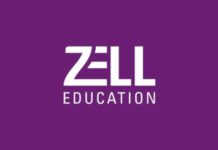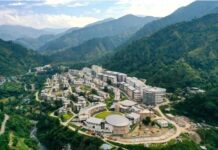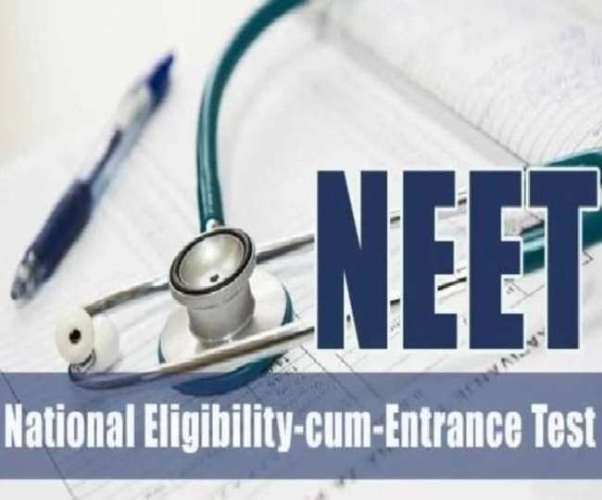Dr.Shubhasheesh Bhattacharya,Campus Director, SVKM’s NMIMS Deemed to be University,Navi Mumbai
The role of life skills education for students is a subject of paramount importance.
True educationis not confined to textbooks and classroom lectures. It includes the holistic development of an individual which equips them to face the challenges and opportunities that life presents. The acquisition and refinement of life skills arecentral to this development. These skills, though often overlooked in traditional educational settings, actually are the foundation upon which a student’s character, resilience and adaptability are built.
Importantly, life skills education is crucial for success in both the personal and professional spheres of students. Problem-solving, a cornerstone of life skills, empowers students to approach challenges with a solution-oriented mindset. It encourages creativity, critical thinking and the ability to handle complex situations. Moreover, effective communication is the link that connects individuals and allows them to express ideas, collaborate and build meaningful relationships. There is no doubt that in today’s rapidly changing world, adaptability is the key. In such a scenario, life skills education arms students with the capacity to accept change, learn from their experiences and flourish in diverse environments.
The incorporation of life skills into the academic curriculum and as a part of extracurricular activitieshas becomea necessity. It is important to create a learning environment which is motivated and receptive to the changing needs of this generation of students. One can aid students in applying theoretical knowledge in practical and real-world situations by adding life skills education to the existing courses. To cite an example, problem-solving techniques are not limited to mathematics but extend to real-world challenges in various fields, be it business or healthcare. Similarly, communication skills are not just about articulating thoughts, but also about makingconvincing arguments, promoting empathy and understanding the nuances of effective interaction.
Let us consider a few examples to further explain the impact of life skills education. A student with adept problem-solving skills might be able to find innovative solutions to environmental issues which can lead to positive sustainable practices. Also, in fields like journalism, where conveying information accurately and in a compelling way is of great importance, effective communication skills become indispensable.Meanwhile, there are no two ways adaptability goes a long way in enabling individuals to steer through diverse cultures and work environments while also providing a global perspective.
Collaborative learning is an invaluable tool in honing life skills, particularly teamwork and communication. When students work together towards a common goal, they learn to leverage each other’s strengths, manage conflicts and collectively arrive at solutions. This mirrors real-world scenarios where professionals from various backgrounds collaborate on important projects. In such environments, effective teamwork is not a luxury, but a prerequisite for success.
Let me summarise by saying that life skills education is not an ancillary aspect of academic pursuits, but a cornerstone, upon which the future success of the student depends. All educational institutions may think of incorporating life skills education as a curricular, co-curricular or extra-curricular component to equip the students with the tools they need to not only excel academically but to also flourish as individuals in today’s competitive world.
It would be an effective initiative if all relevant stakeholders like students, academicians, parents, institutes etc.,join hands in nurturing a learning environment that celebrates not only knowledge acquisition but also the development of resilient, adaptable and compassionate individuals.































